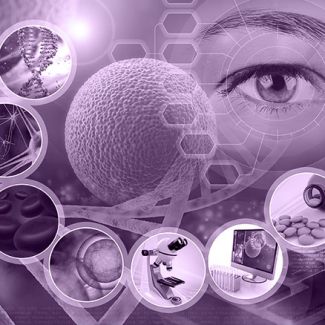Mise au point d'un revêtement céramique dopé : étude des paramètres mécaniques et biologiques
Development of a Doped Ceramic Coating: Study of Mechanical and Biological Parameters
Jury
Directeur de these_BRAVETTI_Pierre_UNIVERSITE DE LORRAINE
Examinateur_LEININGER-MULLER _Brigitte_UNIVERSITE DE LORRAINE
Examinateur_BEN ZINEB _Tarak_UNIVERSITE DE LORRAINE
Examinateur_MOBY_Vanessa_UNIVERSITE DE LORRAINE
Président_HAIKEL_Youssef _UNIVERSITE DE STRASBOURG
Examinateur_KÉROURÉDAN_Olivia_UNIVERSITE DE BORDEAUX
Rapporteur_SIAD_Larbi_UNIVERSITE REIMS CHAMPAGNE ARDENNES
Rapporteur_NGUYEN _NGUYEN _HOPITAL UNIVERSITAIRE PARIS CITE
école doctorale
BioSE - Biologie Santé Environnement
Laboratoire
IJL - INSTITUT JEAN LAMOUR
Mention de diplôme
Sciences de la Vie et de la Santé - BioSE
école des mines: Amphithéâtre 100
Campus Artem, 2 allée André Guinier, 54011 Nancy
Mots clés
mécanique,ostéointégration,pvd,biocompatibilité,revêtement,accrocharge,
Résumé de la thèse
Résumé
L'implantologie orale est confrontée à une multitude de défis techniques au regard du recul clinique actuel, soulignant la nécessité d'innover en matière de dispositifs médicaux implantables aussi bien sur le plan biologique que sur le plan mécanique. Bien que les implants dentaires endo-osseux en alliage de TA6V soient largement utilisés en implantologie orale, ce matériau présente néanmoins des défis importants, notamment la prévalence aux péri-implantites en constate augmentation et la susceptibilité aux réactions allergiques chez certains patients.
Keywords
attachement,osseointegration,coating,pvd,mecanic,biocompatibility,
Abstract
Abstract
Oral implantology faces a multitude of technical challenges in the light of current clinical experience, underlining the need for innovation in implantable medical devices from both biological and mechanical perspectives. Although TA6V alloy endosseous dental implants are widely used in oral implantology, this material nevertheless presents significant challenges, notably the increasing prevalence of peri-implantitis and the susceptibility of some patients to allergic reactions.




